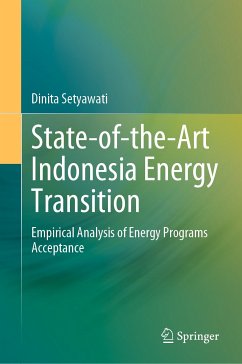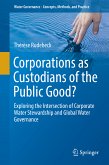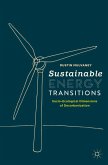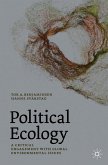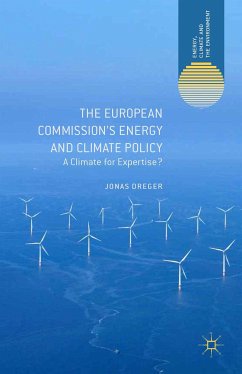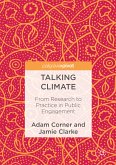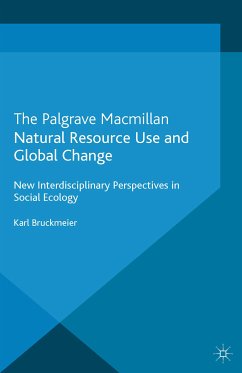Energy programs that are explored are the ones prioritized by government administrations, including coal, nuclear power, solar energy, green electricity, and geothermal energy. Based on extensive fieldwork and empirical data, the book combines insights from historical data on energy subsidies and economic diversification, current empirical data on social acceptance of new energy technologies, and contemporary studies that forecast the implications of the transition to the coal industry and fossil fuel subsidies. It asks how Indonesia has enacted policies that support energy transition. Howdo the public and civil society view those policies? What are the implications for broader themes and discussions on energy sources, technology, systems, policies, and service?
Strategies are suggested to advance a sustainable transition in the developing world that will mitigate developmental risks associated with the transition away from fossil fuels while encouraging decision making in a sustainable and socially just manner. This book is an informative and engaging read for a general audience as well as a valuable resource for scholars, researchers, and students in environmental and energy studies.
Dieser Download kann aus rechtlichen Gründen nur mit Rechnungsadresse in A, B, BG, CY, CZ, D, DK, EW, E, FIN, F, GR, HR, H, IRL, I, LT, L, LR, M, NL, PL, P, R, S, SLO, SK ausgeliefert werden.

